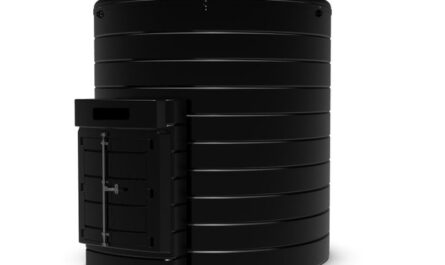Tissue culture plants are grown in a controlled environment using a technique that allows for the propagation of plants from a small piece of tissue. This method ensures that the plants are disease-free and genetically identical to the parent plant. For beginners, understanding the basics of tissue culture is essential before making a purchase. This technique is widely used for various plants, including orchids, succulents, and other ornamental plants.
Benefits of Buying Tissue Culture Plants
One of the main benefits of buying tissue culture plants for sale is the assurance of quality. These plants are produced in sterile conditions, which minimizes the risk of pests and diseases. Additionally, tissue culture plants often have a higher survival rate when transplanted into soil. They also tend to grow faster than conventionally propagated plants. For beginners, this means a more successful gardening experience with less hassle.

Researching Reputable Online Nurseries
Before making a purchase, it is crucial to research reputable online nurseries that specialize in tissue culture plants. Look for nurseries with positive reviews and a good reputation in the gardening community. Check their websites for information about their growing practices, customer service, and return policies. A reliable nursery will provide detailed descriptions of their plants and how they are grown.
Understanding Plant Varieties
When buying tissue culture plants online, it is important to understand the different varieties available. Each plant species has unique requirements for care and growth. Beginners should familiarize themselves with the specific needs of the plants they are interested in, such as light, water, and soil conditions. This knowledge will help ensure that the plants thrive once they arrive.
Checking Plant Availability and Shipping Options
Once you have identified a reputable nursery and the plants you want, check their availability. Some nurseries may have limited stock or specific shipping times. It is also essential to review their shipping options. Some nurseries offer expedited shipping, while others may have standard shipping times. Make sure to choose a shipping option that suits your needs and ensures the plants arrive in good condition.
Reading Customer Reviews
Customer reviews can provide valuable insights into the quality of the plants and the overall shopping experience. Look for reviews that mention the health of the plants upon arrival, the accuracy of the descriptions, and the responsiveness of customer service. Positive reviews can give you confidence in your purchase, while negative reviews may indicate potential issues with the nursery.
Understanding Return Policies
Before finalizing your purchase, review the nursery’s return policy. Understanding the return policy is crucial in case the plants arrive damaged or do not meet your expectations. A good nursery will have a clear return policy that outlines the steps to take if you need to return a plant. This information can provide peace of mind when making your purchase.
Preparing for Plant Arrival
Once you have placed your order, it is time to prepare for the arrival of your tissue culture plants. Ensure you have the necessary supplies, such as pots, soil, and any additional materials needed for planting. It is also a good idea to research the best practices for acclimating your new plants to their new environment. Proper preparation will help ensure a smooth transition for your plants.

Unpacking Your Plants
When your tissue culture plants arrive, carefully unpack them. Inspect each plant for any signs of damage or stress during shipping. If the plants appear healthy, follow the nursery’s instructions for planting and care. If you notice any issues, contact the nursery’s customer service for assistance. Proper unpacking and inspection can help you address any problems early on.
Caring for Your Tissue Culture Plants
After planting your tissue culture plants, it is essential to provide them with the proper care. Follow the care instructions provided by the nursery, paying attention to light, water, and soil requirements. Regular monitoring of your plants will help you identify any issues early and ensure they grow healthy and strong.
